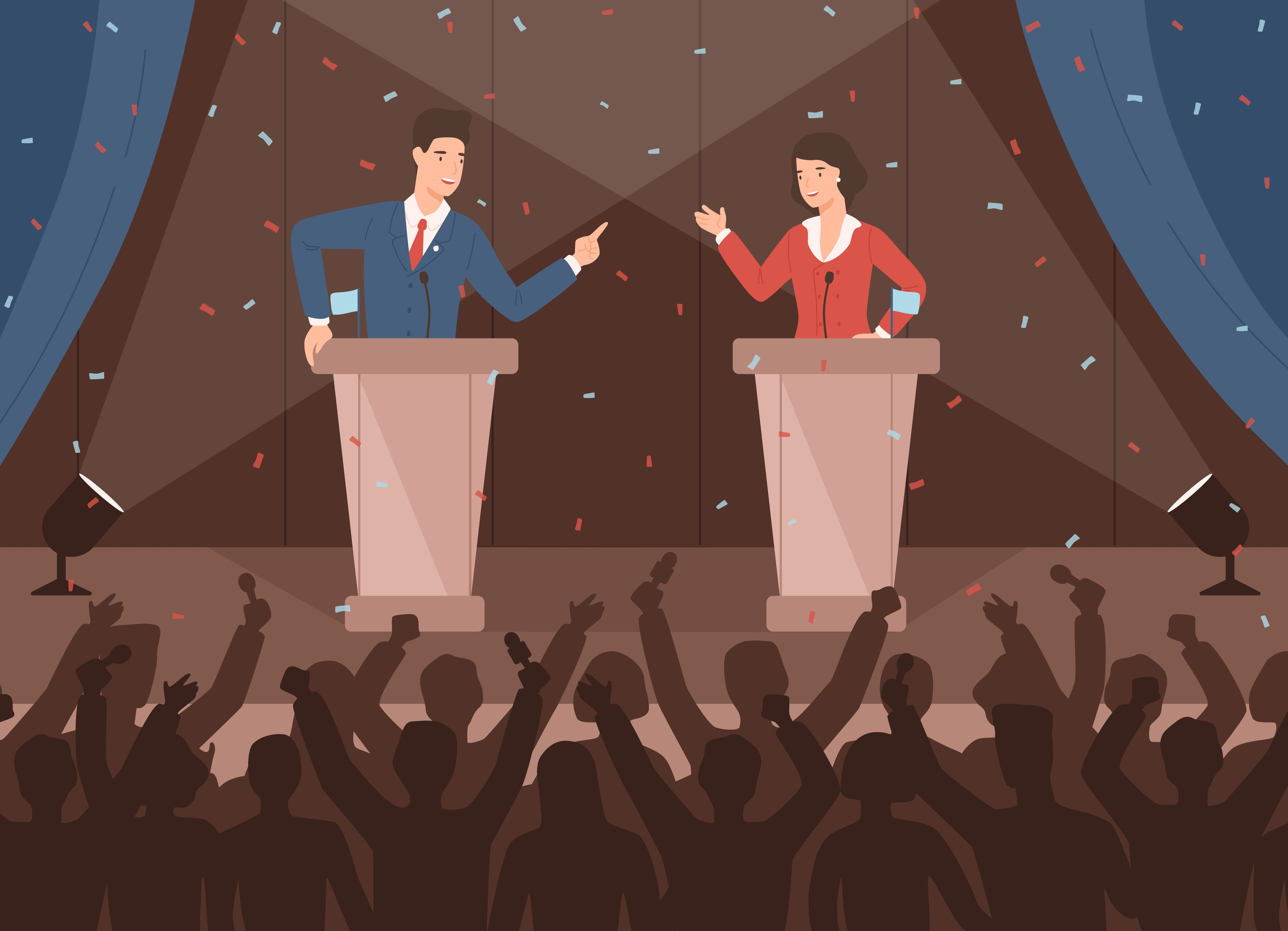
The idea of whether or not popular celebrities should be vocal about their political opinions has been a hot button issue for a long time now. Some argue that it is a celebrity’s responsibility, since they are in the public eye, to advocate for political engagement and exercising the right to vote. Others say that since celebrities are not government officials and since many have no real experience in politics that it is not their right or place to judge politicians.
For example, popular singer Taylor Swift has kept quiet about her political alignment for a very long time. However, during the recent midterm elections, she took the opportunity to advocate for Tennessee Senate hopeful Phil Breseden over the incumbent Marsha Blackburn. While many applauded Swift for her encouraging her young adult fans to go out and vote, others felt that it was not her place to condemn Blackburn for her prior voting record.
Though Swift leans toward the left when it comes to political issues, there are many right-leaning candidates who have also been both criticized and applauded for vocalizing their political views. A perfect example of this is rapper Kanye West who expressed his admiration of US President Donald Trump, going so far as to attend an interview with him wearing one of the infamous MAGA hats. Though West stated in the latter part of last year that he planned to distance himself from politics and Trump himself, he rang in the New Year by issuing a series of tweets reaffirming his support for Trump and possibly even suggesting that he himself may run for office in 2024.
Public response to Swift and West leans very much one way or the other, with most having very strong positive or negative opinions about their involvement in the political sphere. Several UCLA students who are educated in or simply involved in the political sphere have differing opinions on celebrities vocalizing their political views, but on the whole, it appears that most are in favor of it.
“I think it makes sense for them [celebrities] because they have a platform that many people don’t have to spread a message,” said Varsha Swamy, a 19-year-old neuroscience major. However, she continues to say that sometimes things are “over politicized” and that “there should be a balance between spreading your message and respecting the purpose of an event. But both are important.”
Brooke Urick, a 25-year-old sociology major, says, “I think it’s not only acceptable for celebrities to talk about politics, but it’s inevitable. Even though they’re packaged as a brand, at the end of the day they are real people with opinions and beliefs. Plus there’s an extra incentive to discuss political opinions publicly when you’re in a position of visibility to use your influence to encourage people to see things your way – especially for issues that you’re passionate about. If I had that kind of influence I would even feel obligated. Not to mention, we can easily figure out which celebrities to cancel once they’ve donned a MAGA cap.”
At the end of the day, we must realize that, positive or negative, harmful or helpful, celebrities are humans with the same basic rights as us and must be allowed to state their opinions freely and openly.

